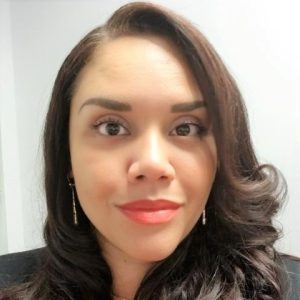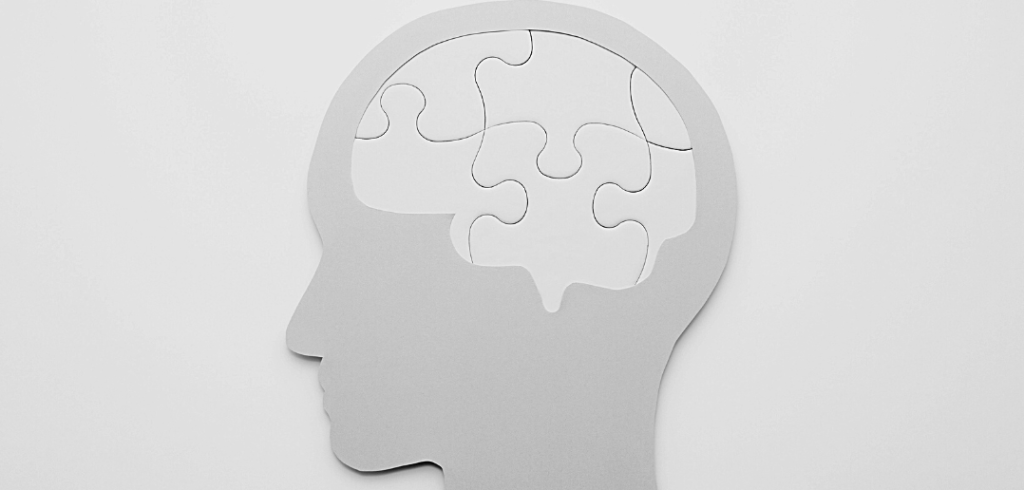Observed annually in July and formally known as Bebe Moore Campbell National Minority Mental Health Month, Black, Indigenous, and People of Color (BIPOC) Mental Health Month was established in 2008 to enhance public awareness of mental illness, especially within minority communities. Today, the month highlights the unique mental health challenges and needs of historically disenfranchised or oppressed racial and ethnic groups in the United States, as stated by the American Counseling Association.
Wellness continues to be a top priority at Fordham Law. The following resources are available for students suffering emotional or mental health distress:
- Wellness Resources for Diverse Students
- Wellness Resources for BIPOC Students
- Mental Health & Wellness Resource Guide for Fordham Law Students
- Wellness services offered through the Office of Student Affairs
Madeline Maldonado, LCSW-R is a designated after-hours counselor for Fordham Law and is available for mental health support for the student body, with a focus on students from diverse backgrounds. An adjunct professor and field advisor for the Graduate School of Social Service’s M.S.W. program, she uses her 20+ years of expertise in program administration, clinical supervision, professional trainings, evaluations, and psychotherapy to assist clients on a number of issues relating to well-being, stress, and general mental health.
We spoke with Professor Maldonado about the importance of BIPOC Mental Health Month and the innovative mental health resources available at the Law School.
What is the current state of mental health in the country, especially as experienced by the BIPOC community?
The mental health system is overloaded and people’s mental health has taken a significant dive in the last three years, due to causes ranging from the pandemic to police brutality and violence. Statistics back this up: We have extraordinarily high numbers of anxiety and depression, particularly in communities of color. People of color, women, and people with low income are most at risk of mental health concerns because of the pandemic. Forty percent of Latinx people and 39% of Black people reported stress, anxiety, and great sadness caused by the pandemic. Latinx people have higher prevalences of symptoms of anxiety disorder or depressive disorder, COVID-19–related trauma- and stressor-related disorder, increased substance use, and suicidal ideation than white or Asian people.
People are struggling to find their footing again and get to some level of normalcy. And that’s difficult because things are still not “normal.” We’re all living in the aftermath.

Beyond the resources provided by the Law School, what other steps can members of our community take to build support systems for themselves and others?
First, helping to decrease the isolation that many BIPOC students feel in law school. Resources such as after-hours counseling and weekend crisis counseling can and do help. Fordham Law is very innovative … other law schools are not doing this.
Students of color should also look for mentors within the Law School, whether that’s a faculty member or a student who’s a year or two ahead of them. When 1Ls come in, they’re in a high-pressure situation, trying to figure out what’s required and wanting to get good grades. They need people who understand what they’re going through and can guide them when they feel stuck or just don’t know what to do in a situation, especially if it pertains to academia.
If the pandemic has taught us anything, it’s that we’re all in this together. Have compassion for people. If someone is struggling with their mental health, be an advocate for them and support them.

